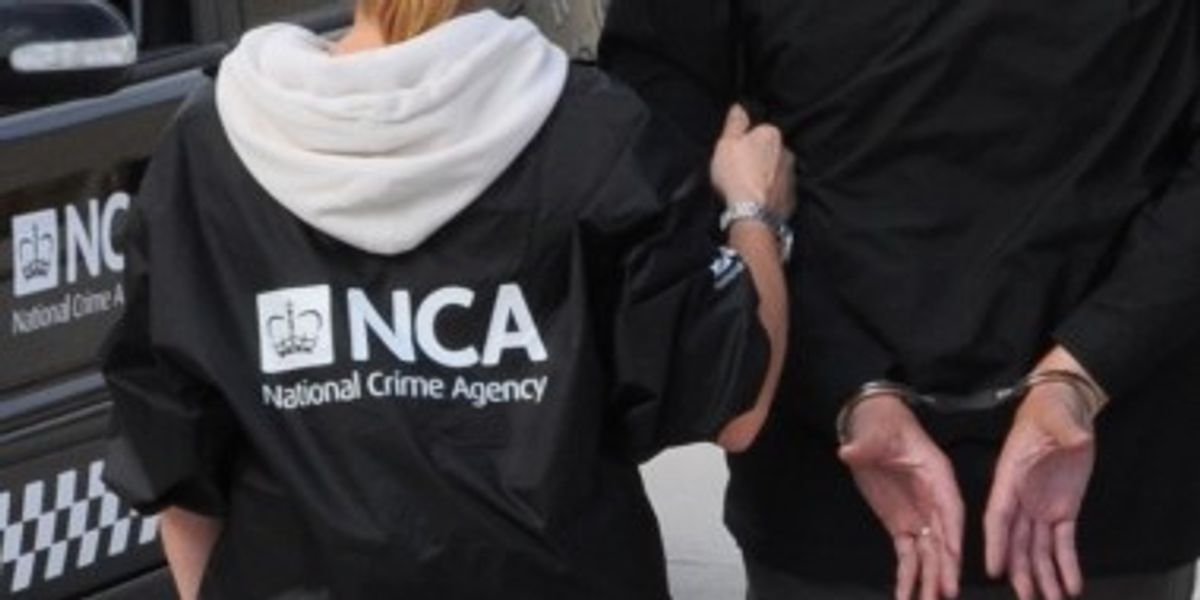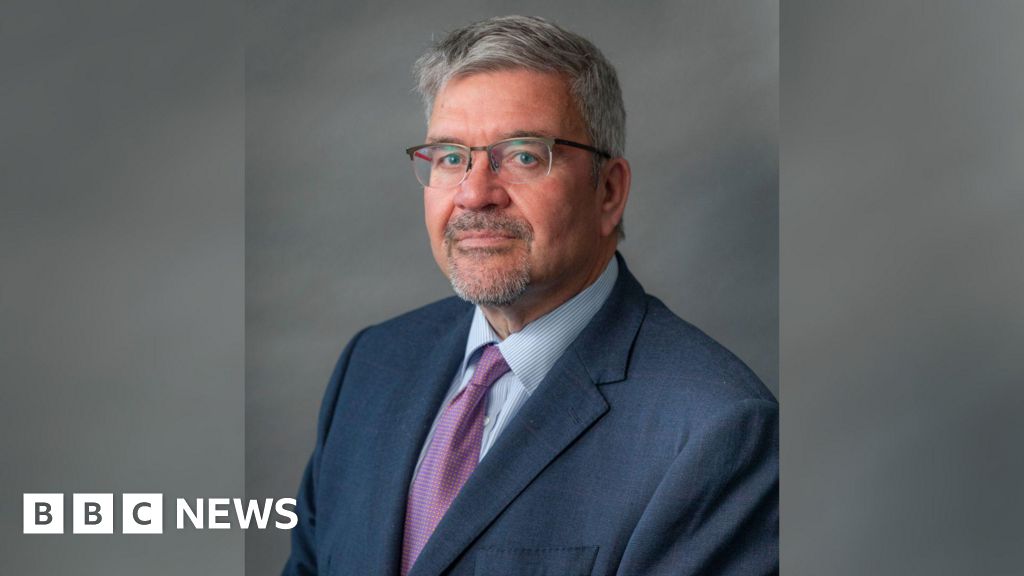Two Aboriginal children who have been stranded in the UK without passports or visas since 2020 while courts decided their guardianship must be immediately brought home to Australia, the nation’s peak body for Aboriginal and Torres Strait Islander children says.
The chief executive of SNAICC, Catherine Liddle, said it “beggared belief” that any government agency would allow vulnerable children to be “trapped in limbo” as “unwanted aliens in a distant country, with no family or cultural links”.
“The fact they are in the UK in the first place is yet another demonstration of how child protection systems are failing Aboriginal and Torres Strait Islander children and families,” Liddle said. “These Aboriginal children should be in their country, with their family and community, maintaining their connection to culture.”
The complex and long-running case involves two Aboriginal children, a boy and a girl aged 14 and 15, who have been in the care of the New South Wales minister for communities and justice since they were removed from their Wiradjuri mother in 2010.
Related: Jai Kalani Wright: criminal charges to be considered in death of Aboriginal teenager killed in collision with police car
In December 2017 the children were fostered by a couple, British citizens referred to in court proceedings as Ms M and Mr L, after living for a time with their maternal aunt.
In June 2019 Mr L’s visa expired and he returned to England. Ms M’s visa expired the following August. With the minister’s consent, she travelled to England with the children on the understanding they would all return by October that same year. But their flight was cancelled due to the Covid-19 pandemic and they have remained in the UK ever since.
Prior to the children’s departure, their mother sought to be returned parental responsibility and to have contact with them, but in 2022 the NSW children’s court decided they could remain in the care of their UK foster parents. The court said the minister would remain responsible for the children’s contact with their Aboriginal families and connection to their cultural background.
Their mother successfully appealed that decision, arguing that the court lacked jurisdiction to make orders about children who were living overseas. In granting her appeal, the judges said it was unclear how contact with the child’s Aboriginal families could occur, “given that the children were living in the UK and were expected to remain there”.
Their mother was awarded parental responsibility in December last year. But the children remain in the UK, where the eldest is now in the UK child protection system. Guardian Australia understands the foster carers also wish to relinquish care of the younger child to the UK system.
The Coalition spokesperson for child protection, senator Kerrynne Liddle, said the case showed the human services system was in crisis “in every jurisdiction” and called on the federal government to resolve the matter urgently.
“The Albanese government has known about this since before Christmas. It should have been a priority for them and it must be,” she said. “This is a sensitive issue but it must be sorted out in Australia with appropriate supports to enable the best possible outcome for the children in both the short and long term.”
A NSW Department of Communities and Justice spokeswoman said the department were working to resolve the situation as quickly as possible.
“We are working closely with the federal government, the UK government, the children’s family and supporters and advocates,” the spokeswoman said.
“This situation is incredibly complex, involving local and international laws and conventions, and more importantly, vulnerable children.”
A spokesperson from the Attorney-General’s Department said the Australian government was “working with all relevant authorities in Australia and the United Kingdom to ensure the interests of all parties are considered, with the interests of the children being paramount”.
“Due to privacy obligations the Australian government is unable to comment further,” the spokesperson said.










